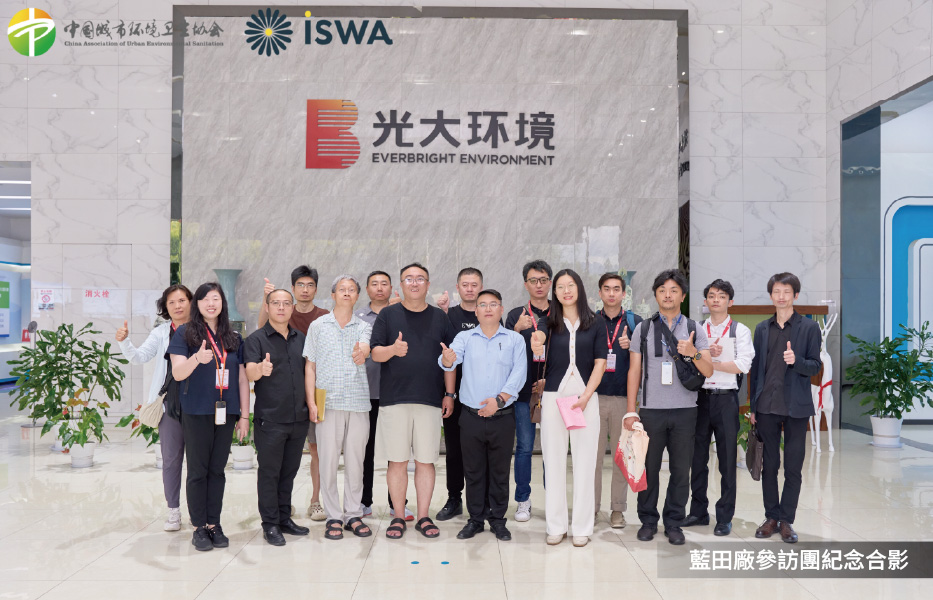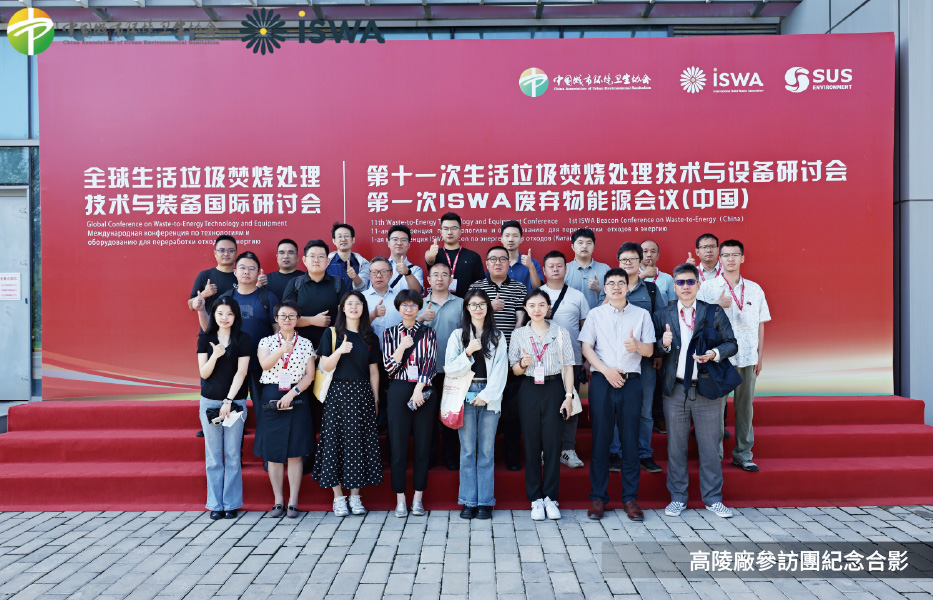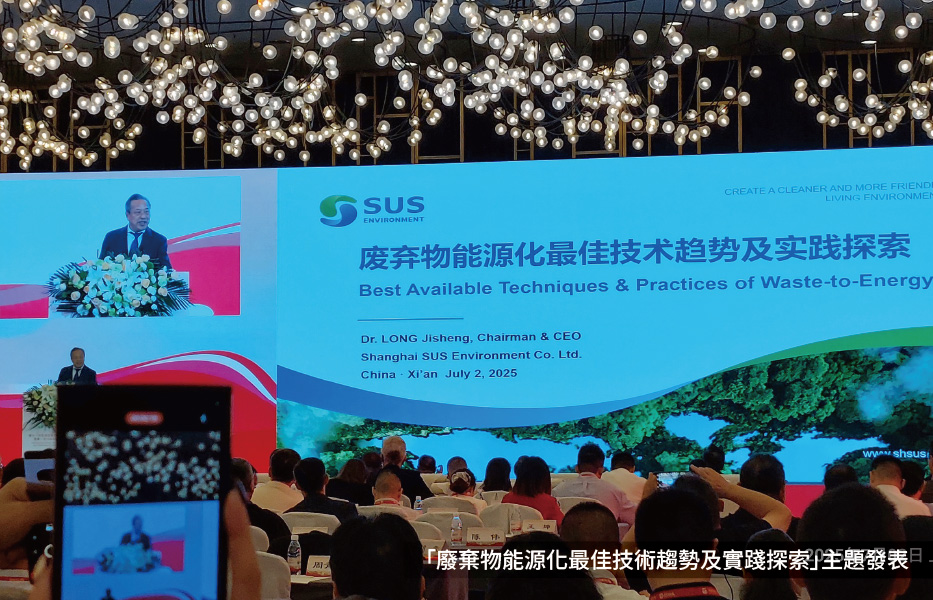To grasp the latest incineration plant technologies and deepen international exchanges, Sinoteh Engineering Services, LTD. (referred as our company) participated in the "11th Municipal Waste Incineration Treatment Technology and Equipment Seminar and the 1st ISWA Waste-to-Energy Conference" jointly organized by the China Association of Urban Environmental Sanitation and the International Solid Waste Association (ISWA) from July 2nd to 4th, 2025. In addition to gaining insights into the latest policy developments in Mainland China, the event also provided insights into recent technological developments and included on-site plant visits and exchanges, resulting in fruitful results.
Keynote Forum: Understanding Mainland China Policies
Topics of the seminar included the development and challenges of global municipal waste incineration, the role of municipal waste incineration in achieving sustainable development goals, typical waste-to-energy solutions, and the operation and maintenance of municipal waste incineration plants. The keynote forum included topics such as the development and challenges of global municipal waste incineration, the role of municipal waste incineration in achieving sustainable development goals, and typical waste-to-energy solutions.
Mainland China currently has zero landfill in densely populated urban areas. Food waste is anaerobic digested and then incinerated. Domestic waste management needs to be expanded from county-level management and scale to a regional, cross-county scale. As mainland China's domestic production capacity reaches saturation, the incineration industry will expand beyond China to Southeast Asia, Central Asia, West Asia, and Africa, in line with the Belt and Road Initiative.
In September 2020, China proposed at the United Nations General Assembly that carbon dioxide emissions peak by 2030 and achieve carbon neutrality by 2060. To achieve these dual carbon goals (carbon peak and carbon neutrality) and to respond to the EU's Carbon Border Adjustment Mechanism (CBAM), carbon reduction at the source and the development of carbon pricing-related business models are necessary.
In-depth exchanges and understanding of the latest technological developments
Thematic forums at this seminar include addressing climate change, environmental pollution control, operations and maintenance, and future integration and development. In terms of technological development, the operating model of mainland China's incineration plants has shifted from a "scale race" to an "efficiency revolution." With the integration of AI technology, incineration plant operational control will transition from "rule-based" to "data-based." Furthermore, the future direction of fly ash washing is to remove chloride salts, reduce dioxin content, and produce building materials.
The seminar also visited the Gaoling and Lantian incineration plants, the newest incineration plants in Xi'an. Their operational approach incorporates AI-assisted operation, significantly reducing the time spent by central control room operators on adjustments, providing a valuable reference for optimizing incineration plant optimization efforts in mainland China.








